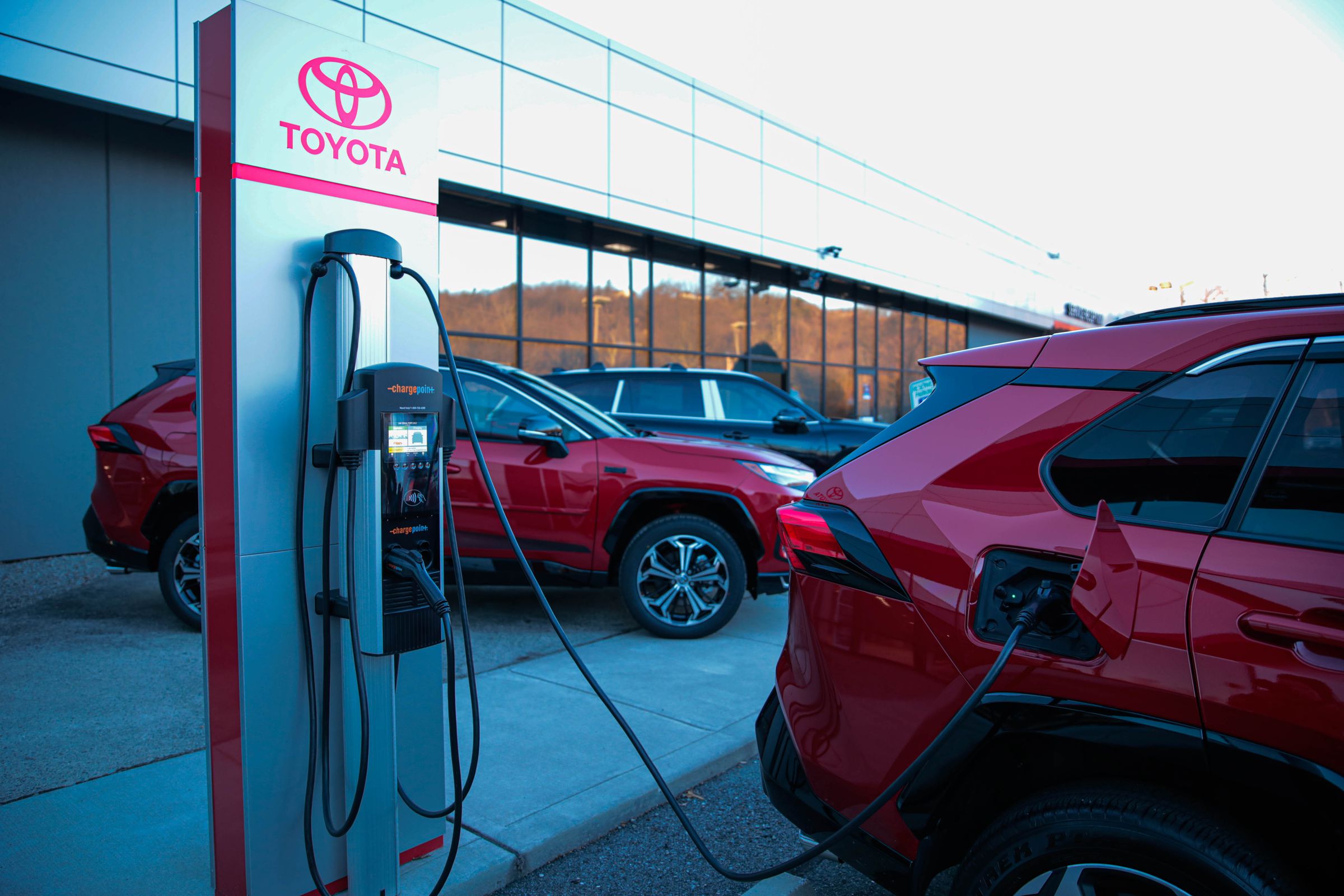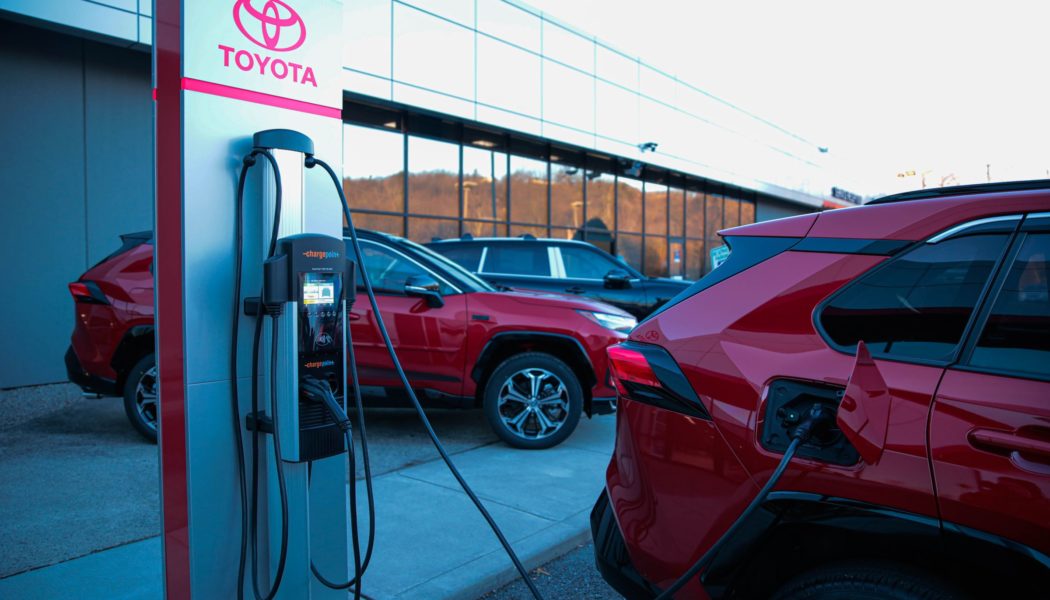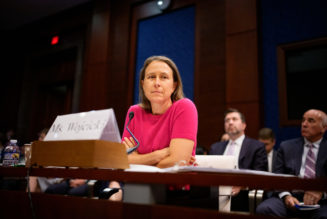Biden’s administration will give carmakers more time to ramp up zero-emissions vehicles.
Share this story

President Biden’s administration plans to pull back on strict new Environmental Protection Agency (EPA) rules that would have forced US automakers to turn EVs into their main business by 2032. That’s according to The New York Times, which wrote yesterday that industry players had moved the administration to give them more time to bring down EV costs, and for a nationwide charging infrastructure to be more fully built out.
The Times writes that labor leaders pressured Biden to give them more time to extend union membership to those working in new US EV plants. As the article notes, labor union support is crucial as Biden faces re-election where he’s straddling a dire climate situation and attacks from candidate and former President Donald Trump.
This scale-back comes after last year shattered 2016’s global heat record thanks to an intense El Niño event on top of climate trends. And every year since 2013 has blown past the record set in 2010, according to the US National Oceanic and Atmospheric Administration, which noted last year that it had been 47 years since the last colder-than-average year.
The original EPA requirements called for electric vehicles to make up 67 percent of new light-duty vehicle sales and 46 percent of new medium-duty sales by 2032 — a huge spike from the 7.6 percent the Times notes from last year. Sales of EVs have slowed, putting the goal further out of reach for a variety of reasons, not least of which is that the auto industry has insisted on big electric trucks and SUVs that the supply chain isn’t prepared to affordably accommodate.









